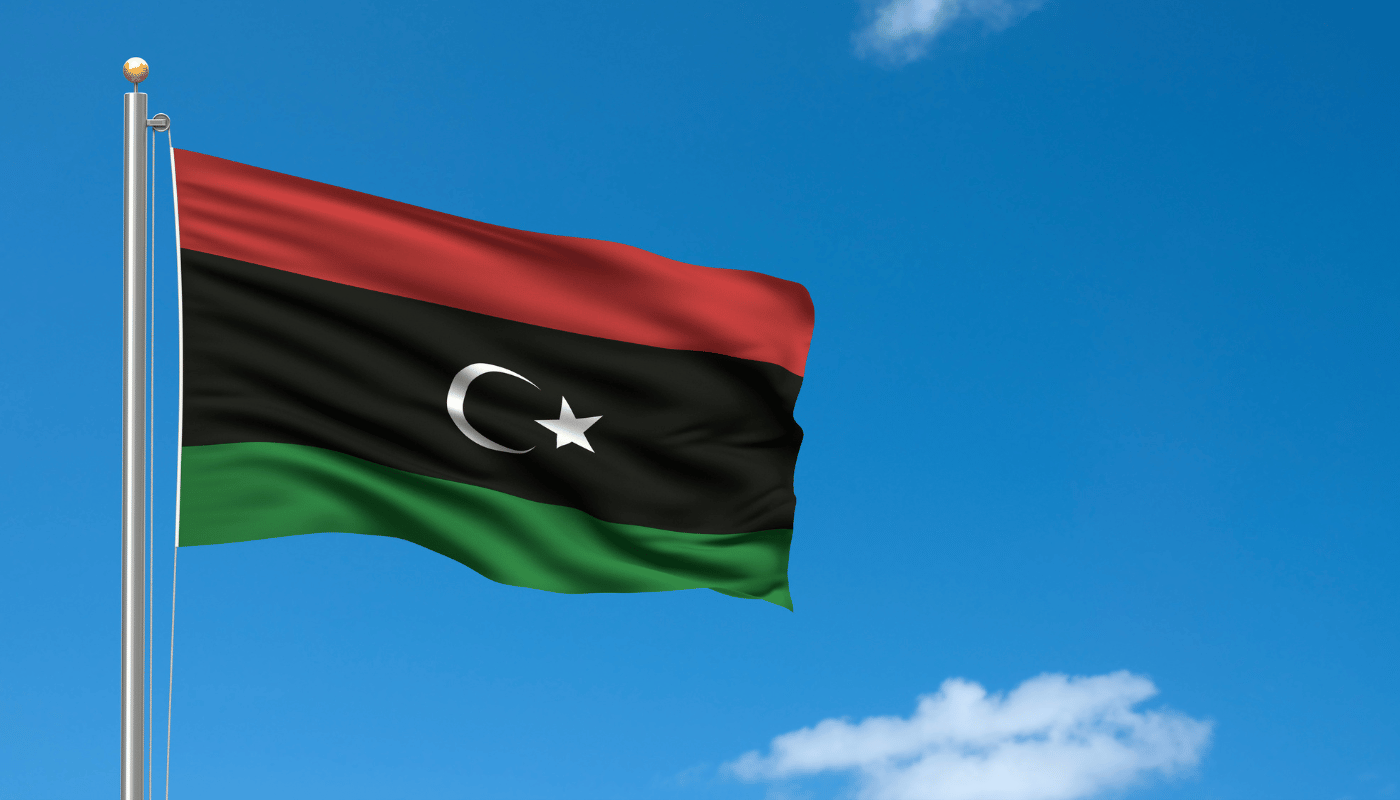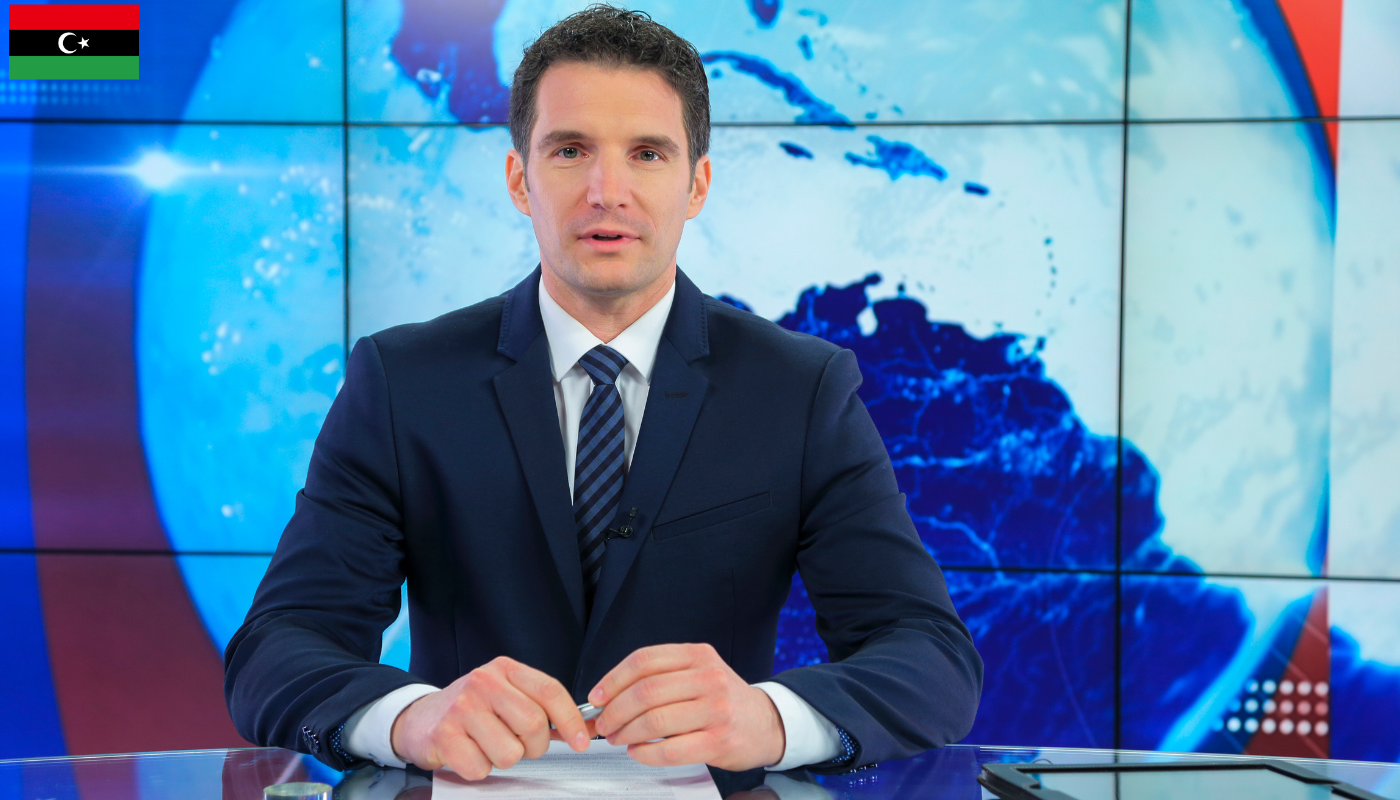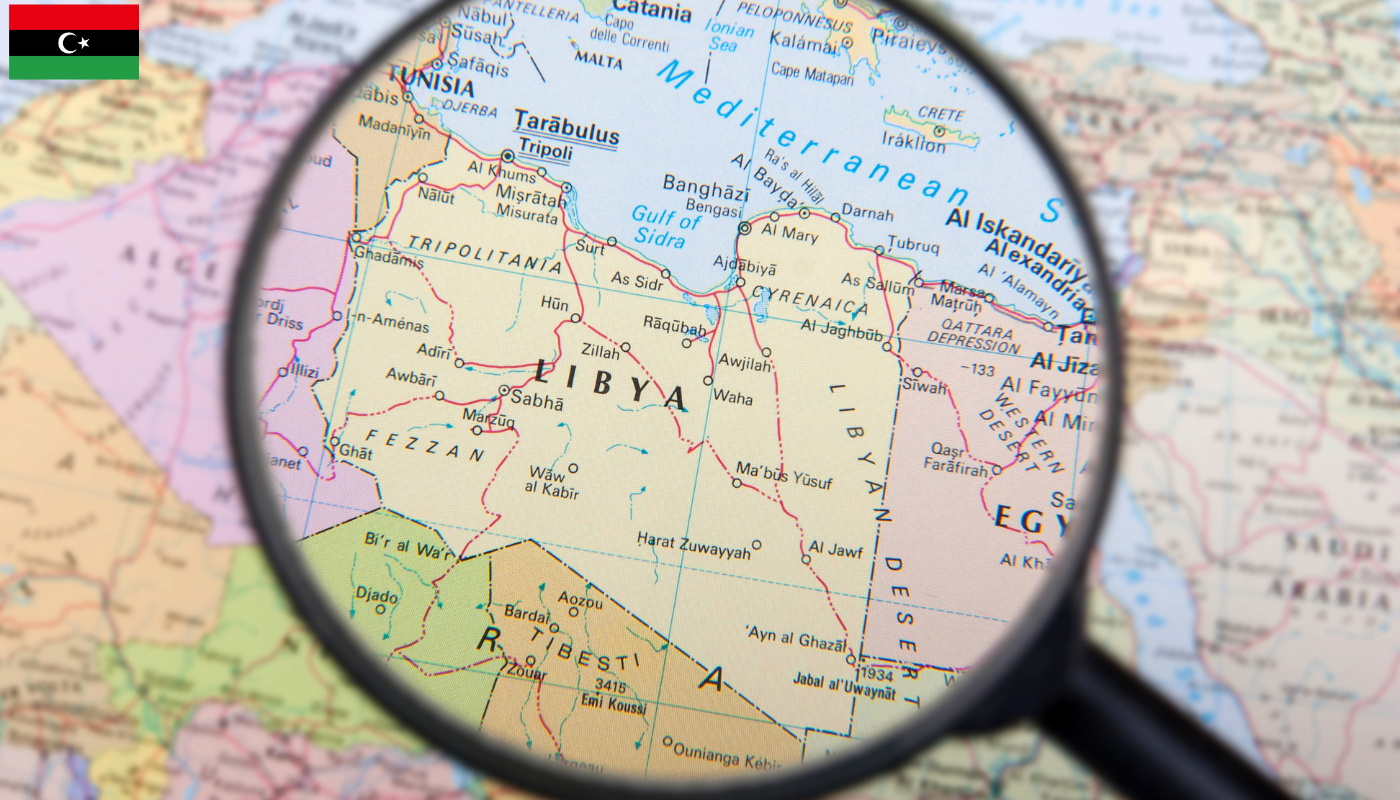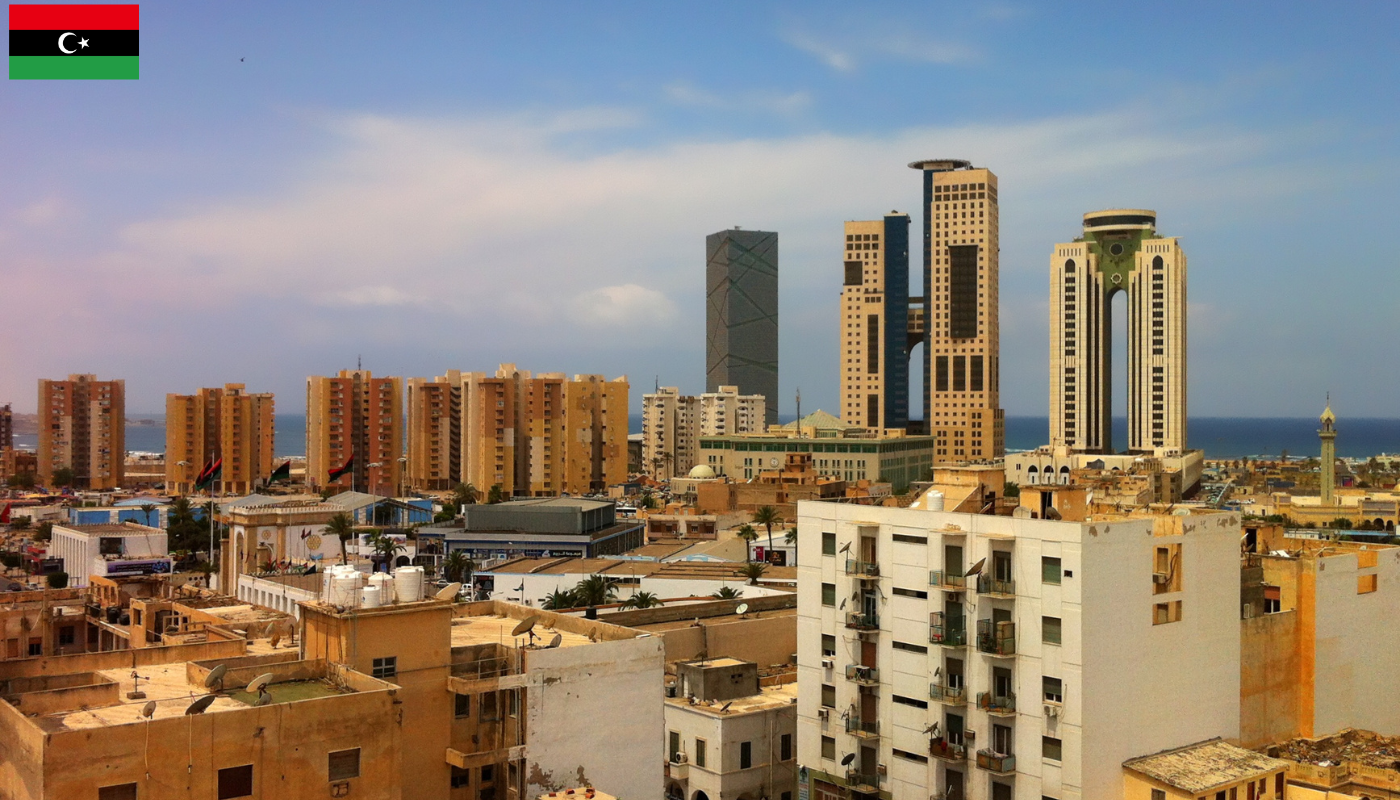The visit of the commander of the army of the House of Representatives (HoR), General Khalifa Haftar, to Russia for the second time raised questions about the role Moscow could play to save Haftar’s ambitions to rule Libya. And it raises the question if Haftar will require arms again, as his request was denied in his first visit last June.
Arabi21 website tried in a report to unveil details of the visit, questioning whether Haftar is willing to offer Russia a military base in the east of Libya.
Зі свого боку ізраїльський веб-сайт Debka заявив, що російський президент Володимир Путін прагне військового втручання в Лівію, крім сил Хафтара, підтриманих Єгиптом і деякими країнами Перської затоки, в обмін на дозвіл Росії створити повітряні та військово-морські бази в Середземному морі. , близько 700 км від Європи.
According to Arabi21’s report, the officer at the Libyan Chief of Staff in Tripoli, Adel Abdel Kafi, said that “the goal of the visit is to involve it in the conflict inside Libya. The United States is militarily assisting Al-Bunyan Al-Marsous forces in Sirte operations against Daesh. And Haftar wants Moscow to participate in achieving military balance.”
He added that “as for Russia, it wants a piece of the Libyan pie, seeking after promises Haftar grants France and Russia to establish military bases inside Libya in the wake of the unannounced Russian–French alliance, in front of the Chinese–Indian expansion in Africa.”
From his side, the Libyan political analyst, Ahmed Royati, said that “arming is the magic word in Haftar’s repeated visits to western countries and Russia. The recent visit aimed to keep up with the international political changes, most importantly Donald Trump’s election as the US president.” He added that “the visit won’t cause significant changes, like the rest of the European countries, will not allow Russian expansion in Libya, as it shall harm its interests and plans inside the country, so Haftar’s visit was just a pro forma visit, and he will only return empty-handed.”
Regarding the Skhirat agreement, Arabi21 report quoted the member of Justice and Construction Party, Al-Mabrouk Al-Hareish, saying that “the visit intended to exploit the failure of the political accord signed in Skhirat, thus Haftar is betting on the International Community withdrawing its support for the deal, especially following the recent American elections. But the European–American alliance will not allow the Russian intervention in Libya like what happened in Syria.”
The political activist, Khaled Al-Ghoul, said that “Haftar is looking for any ally who enables him to rule Libya; he found that the Americans and the Europeans are not very serious in dealing with him, thus turned to Russia to get support as pressure to achieve his goals.”
From another side, the journalist, Fawzy Haddad, said that “the Russian military base inside Libya is very unlikely. The Russians support Haftar in his fight against terrorism, Moscow has different interests from the West, and needs to appear as an opponent to the West in Libya as in Syria, because the West is more keen to empower the Muslim Brotherhood against the current represented by Haftar.”
He added that “the Russian support to Haftar is well known, and on the other side if the arms embargo is lifted, the billions-worth Russian weapons contracts will make the Russian weaponry present at the expense of Western companies.”
Haftar’s renewed outreach to Russia underscores a complex geopolitical chess game, with the Libyan commander seeking to bolster his position amidst shifting international alliances. While the prospect of a Russian military base in Libya might seem enticing for Moscow, it remains speculative at best. The intricacies of this visit highlight the broader struggle for influence in Libya, where various global powers vie for strategic advantages. The situation remains fluid, and Haftar’s maneuvering reflects his desperation for external support to balance the scales against his domestic and international adversaries. As global powers reassess their strategies in light of evolving political landscapes, Haftar’s efforts may be seen as part of a broader push to realign his alliances and secure a stronger foothold in Libya’s turbulent environment.






